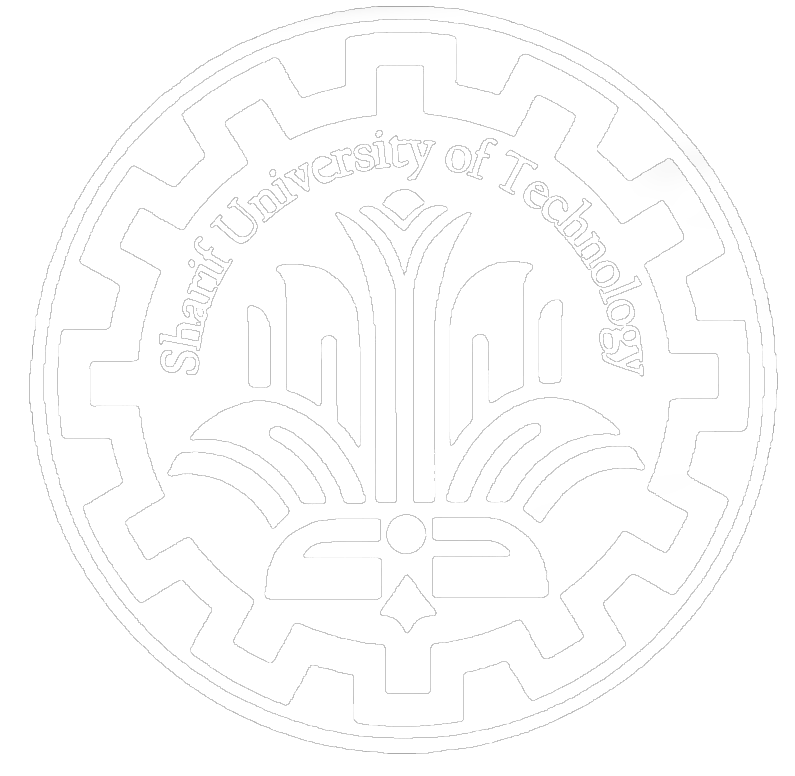
Goals and Courses
1) B.Sc. in Mathematics
Mathematics itself comprises two branches: Theoretical and Industrial. After the first two academic years, every student in this program is entitled to select one of these two branches to pursue the education at a Bachelor’s level.
- A) Industrial Mathematics
The program includes 135 credits at B.Sc. level. Besides the overall Bachelor program’s objectives noted above, the curriculum is planned to furnish the students with the opportunity to acquire relatively effective expertise and skills needed in other sciences or engineering fields. - B) Theoretical Mathematics
The curriculum for this program is devised to provide access to effective expertise in different fields of mathematics whether pure, applied or computational.
2) Computer Science
The curriculum is developed to help students acquire scientific and technical backgrounds in modeling and solving problems related to computer architecture, computer-based systems, theoretical computer science, scientific computing and other related fields of study.
Careers in Mathematical Sciences
Students holding a degree in Mathematical Sciences go on to a wide range of activities after graduation. Graduate school in mathematics, physics, computer science, finance, or engineering are among their options. Some begin careers in investment banking, consulting, or software engineering.
Courses Structure
The elective and core courses offered at the undergraduate level provide a thorough training in one of the following areas:
- Pure Mathematics
- Applied Mathematics
- Computer Science
Aside from some general and required courses by the University, such as Calculus I, Calculus II, Differential Equations and Engineering Mathematics, the core courses and required courses within the Department are as follows.
Core courses: Linear Algebra I, Probability and its Applications, Numerical Analysis I.
Required Courses for Pure/Theoretical Mathematics:
Mathematical Analysis I, Mathematical Analysis II, Algebra I, Topology I.
Required Courses for Applied/Industrial Mathematics: Mathematical Analysis I, Statistics and its Applications, Discrete Mathematics, Numerical Analysis II, Advanced Programming, Algebra I, Operational Research I, Stochastic Processes, Regression Analysis.
Required Courses for Computer Science: Statistics and its Applications, Discrete Mathematics, Mathematical Logic, Advanced Programming, Data Structures, Automata and Formal Languages.
Undergraduate elective courses:
Here is a list of elective courses offered by the department over the past few years:
Mathematics (both Theoretical and Industrial):
Foundations of Mathematics, Graph Theory and its Applications, Elementary PDE, Hyperbolic Geometry, Elementary Differential Geometry, Number Theory, Elementary Functional Analysis, Elementary Differential Topology, Combinatorics and its Applications, Mathematical Writing, History of Mathematics, Introduction to Set Theory, Mathematical Education I, Fourier Analysis and its Applications, Statistical Sampling, Category Theory and its Applications, Global Differential Geometry, Mathematics Lab I, Elementary Algebraic Geometry, Introduction to Dynamical Systems, Measure Theory, Time Series, Introduction to Probability Theory, Data Analysis, Topics in Applied Mathematics II, Introduction to Mathematics, Numerical Computation, Algebra II, Undergraduate Algebra III, Mathematical Analysis III, Complex Analysis I, Introduction to ODE Theory, Foundations of Geometry, Introduction to Algebraic Topology, Differential Geometry, Operational Research II, Queueing Theory, Introduction to Algebraic Number Theory.
Computer Science:
Advanced Topics in Programming, Computer Organization I, Analysis of Algorithms, Computer Simulation, Computer Programming, Simulation, Artificial Intelligence, Cryptography, Principles of Computer Systems, Database Systems, Software Engineering, Computer Peripherals, Information Storage and Retrieval, Principles of Computer Vision, Principles of Image Processing, Introduction to Computer Science, Foundations of Computer and Programming, Computer Technology, Compiler I, Theory of Computations, Computer Applications in Industry, Data Transitions and Networks, System Theory, Internet Governance, Introduction to Cryptology, Programming Languages.
